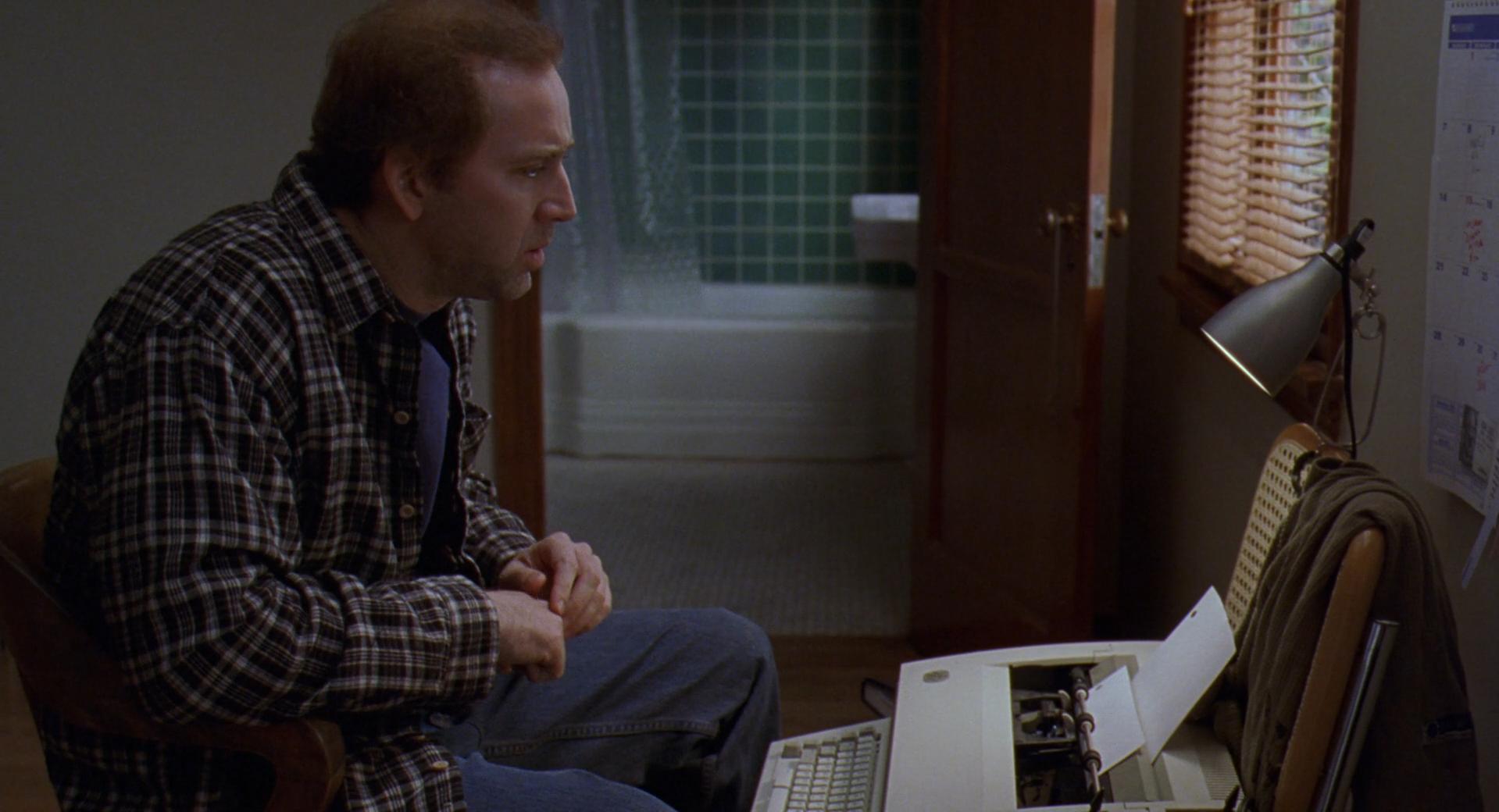Finding good scripts to read can be much more difficult than you might expect. However, reading good scripts is one of the best ways to become a better screenwriter yourself for new screenwriters. Reading with an attentive eye allows you to pick up so many tricks and style choices from some of the best minds in the industry. In addition, you can spark your creativity through reading good scripts and passively improve your writing skills even when you cannot write anymore.

The Importance of Reading Scripts
Reading scripts is one of the primary non-writing skills that will make you a better screenwriter. Unfortunately, many writers treat their skills as if they can only improve by working on them directly, but it might be worth looking at some indirect methods if you have already built a consistent writing habit.
The difficulty in screenwriting is that your script is intended to play out on a visual medium. In a way, your writing has to be translated to be consumed appropriately. This means that formatting and style are more critical to screenwriting than almost any other storytelling medium. Reading scripts allows writers to pick up on particularities to screenwriting that writers who don’t read scripts will miss.
With that being said, you may only have a set amount of time before your quality of writing practice drops off. For example, studies show that if you partake in “knowledge work” that is taxing on the brain, you only have around four hours of quality work in that creative activity before your efficiency plummets. That means finding other activities that will passively benefit your writing can help you allocate your hours of practice more efficiently.
One of the most common ways that writers do that is by reading. Reading is the fuel you intake to put out quality writing. The problem for new screenwriters is that it can be much more difficult to find a good script to read than it is to find a good book to read.
Where to Read Published Scripts
There are plenty of places where you can find good scripts to read for film or television. Here are just a few of the most popular sites utilized by screenwriters of every level.
The Internet Movie Script Database
IMSDb is one of the largest databases of free scripts. Being the IMDb of scripts, you have access to hundreds of famous film and television scripts. So whatever genre or niche you write in, you’ll be able to read scripts from many of your favorite titles through IMSDb.
Screenplays For You
Screenplays For You is another huge database of scripts from some of the most popular movies. Many of these scripts are available through the site and downloadable PDFs, free of charge. Being significantly influenced by European cinema, this Russian web developer compiled a massive list of scripts for users to read at their leisure, as he often does.
Drew’s Script-O-Rama
Drew’s Script-O-Rama is an invaluable resource for script-lovers. One of the significant differences of Script-O-Rama that sets it apart from other sites is that multiple drafts get uploaded for many of the films on this list. That means you can see how drafts were edited and changed over time, which is information that is not often available. For intense script-lovers, you have countless hours of reading available for hundreds of titles, and you can learn a lot by investing time on this site.
The Script Lab
One of the best sources for timeless and newer screenplays, The Script Lab is a massive database of scripts that offers users a lot in return for making a free account. Users can download files of various screenplays from some of the newest titles. One of the most popular offerings by The Script Lab is their “Year in Review” at the end of each year that compiles some of the best feature screenplays each year. This is a great resource to stay up to date, and you can venture into their countless articles and writing competition lists if you want even more from the site.
The Daily Script
Sometimes you need a little encouragement to read a script, and The Daily Script seeks to provide many writers with just that. Boasting a vast database with multiple drafts of many scripts, The Daily Script releases a “daily script” that can give you something to read when you have too many options available after bookmarking all these sites. Reading a script a day is an invaluable habit to cultivate as a screenwriter, and The Daily Script has provided many writers and actors a script every day without choosing one from a list.
Reading Unfinished Scripts
These places compile either finished scripts or close-to-finished drafts, but it is also a good idea to read some less polished scripts. By reading both finished and unfinished scripts, you can develop an eye for areas that need improvement. This can help you with your editing and editing the work of others if you have a community of writers you are a part of. Taking a break from reading polished scripts will always give you a fresh perspective for style, formatting, and storytelling techniques used by the best screenwriters in the industry.
At ScriptMother we have a discord that is active with people requesting others to read and provide feedback on their unfinished scripts. This discord serves as a sort of workshop that allows you to get feedback during the writing process and keep in touch with other writers. You can also edit other unfinished scripts to strengthen your own skillset.
Find Good Scripts to Read With ScriptMother
ScriptMother is one of the best places to read scripts and hone your editing skills. If you have a script you would like feedback on, or you want to read more scripts to see what screenwriting is all about, joining ScriptMother for free is an excellent way to give and receive feedback.
Many of the scripts on ScriptMother are works in progress, and you will be able to read and review the work of others. Through reading and submitting more feedback, writers can unlock more reviews for themselves, contributing to the lively community of like-minded writers. You can also participate in our monthly contests by participating on the site.
Find good scripts to read today by joining ScriptMother.







Add Comment
Comments
No comments have been posted